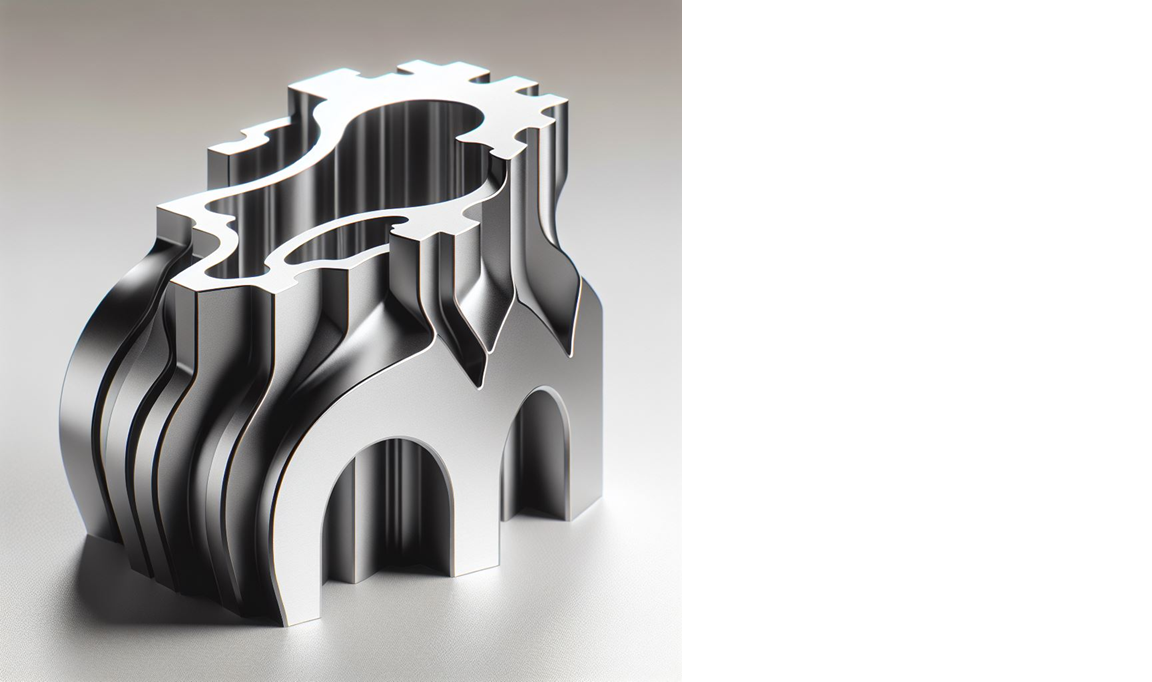CNC Manufacturing: High-Precision Production for Industrial Applications
CNC manufacturing (Computerized Numerical Control) is one of the most advanced manufacturing processes in the industry. It enables the precise machining of various materials using computer-controlled machines. Companies utilize CNC technology to produce highly accurate components with tight tolerances—ranging from simple parts to complex geometries.
This article provides a detailed overview of CNC machining, its key processes, benefits, and how On-Demand Production can provide tailored components to meet your specific requirements.
Fundamentals of CNC Manufacturing
CNC manufacturing relies on computer-controlled machining tools to process materials such as metals, plastics, and ceramics. CAD models (Computer-Aided Design) are converted into commands for CNC machines, which then execute precise cutting, drilling, or milling operations.
CNC technology is widely used in industries such as mechanical engineering, aerospace, automotive, and medical technology. Due to its high degree of automation, it ensures consistent quality across large production volumes.
Key CNC Machining Processes
CNC technology encompasses various machining techniques, chosen based on the shape, material, and application of the component. The most important ones include:
- CNC Milling
- CNC Turning
- CNC Drilling
- CNC Grinding
1. CNC Milling – Machining with Rotating Cutting Tools for Complex Shapes
CNC milling is one of the most versatile and widely used manufacturing processes. In this process, the workpiece is held in a fixed position while a rotating cutting tool removes material to achieve the desired shape.
CNC milling machines operate with 3, 4, or 5 axes:
- 3-axis milling: The standard process, where the workpiece is machined along the X, Y, and Z axes. Ideal for simple geometries.
- 4-axis milling: In addition to three-axis movement, the workpiece can rotate around an additional axis.
- 5-axis milling: Allows machining from multiple angles, making it ideal for complex freeform surfaces.
CNC milling is suitable for a wide range of materials, including aluminum, stainless steel, titanium, and plastics. It is commonly used for mechanical components, prototypes, and casings.
2. CNC Turning – Rotation-Based Manufacturing for Round and Cylindrical Parts (CNC Turned Parts)
In CNC turning, the workpiece is clamped in a lathe and rotated. A cutting tool moves along the material, removing layers to create the desired shape.
CNC lathes are ideal for producing cylindrical components such as:
- Shafts
- Bolts
- Bushings
- Precision nozzles
There are different turning processes:
- External turning: Machining the outer surface of a rotating workpiece.
- Internal turning: Creating bores and internal threads.
- Contour turning: Shaping with complex contours.
CNC-turned parts are widely used in the automotive, mechanical engineering, and medical industries due to their high precision and repeatability.
3. CNC Drilling – Precision Drilling with Tight Tolerances
CNC drilling is a process where specialized drill bits create precise holes in the workpiece. Modern CNC drilling machines achieve deeper and more accurate holes compared to conventional drilling machines.
Key aspects include:
- Drill depth: Deep drilling techniques for long holes with minimal deviation.
- Precision drilling: Holes with tight tolerances for screw connections or fits.
- Multi-spindle drilling machines: Simultaneous drilling for increased efficiency.
CNC drilling is essential for manufacturing housings, engine blocks, and mechanical components that require fasteners or pins.
4. CNC Grinding – Post-Processing for Smooth Surfaces
CNC grinding is a finishing process where excess material is removed using a rotating grinding wheel to achieve high-precision surfaces.
Grinding is commonly used for:
- High-precision fits for bearings or gearbox components.
- Smooth surfaces to reduce friction.
- Hard machining of hardened metals.
CNC grinding can be performed in various forms, including flat grinding, cylindrical grinding, and profile grinding. It is widely used in tool and mold making.
Advantages of CNC Manufacturing
- High precision – CNC technology ensures compliance with tight tolerances.
- Efficiency – High production speed with consistent quality.
- Repeatability – Ideal for mass production and high-volume manufacturing.
- Material variety – Capable of machining metals, plastics, ceramics, and composites.
- Reduced waste – Precise control minimizes material loss.
- Flexibility – Suitable for prototyping, small batches, and large-scale production.
These benefits make CNC manufacturing a preferred method in industries requiring mechanical components, vehicle parts, and precision instruments.
CNC Manufacturing with On-Demand Production
CNC manufacturing is one of the most efficient methods for producing high-precision components. However, long lead times, high minimum order quantities, and complex order processes can be obstacles.
With On-Demand Production, we offer a flexible and fast solution for your CNC components:
- Custom CNC manufacturing tailored to your specifications.
- Access to a wide network of CNC specialists.
- Optimized cost structures for single pieces and mass production.
- Fast quoting process for efficient production planning.
- Strict quality control for the highest precision and reliability.
Whether you need prototypes, small series, or large-scale production, we help you obtain high-quality components with ease.
Contact us now for your custom CNC quote!




